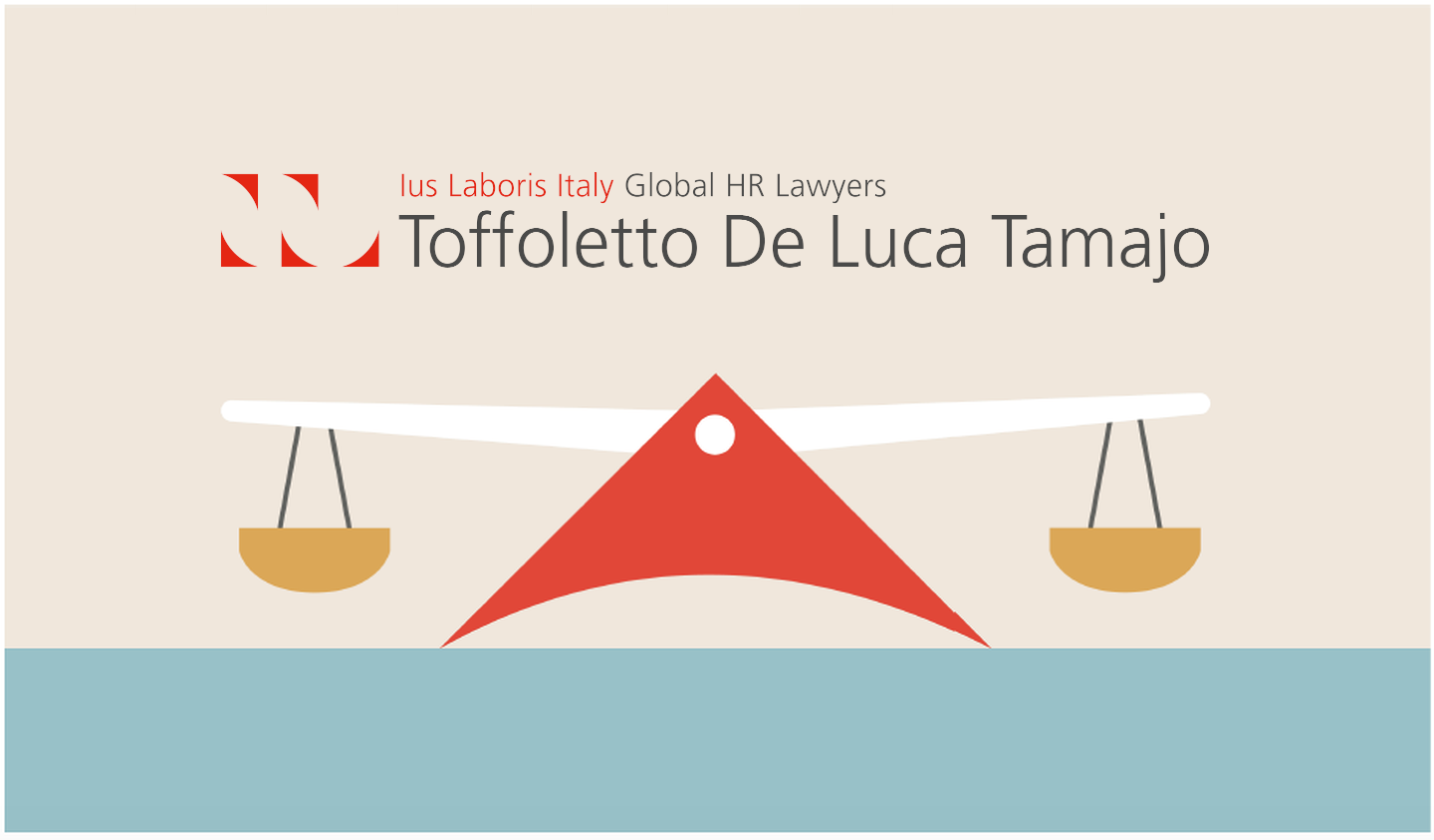Last Updated on May 16, 2022
Author: Avv. Melania Soncin
The European Union has set a goal: reach gender equality by 2026. Women and men, girls and boys have to be free to pursue their life choices and have equal opportunities to fulfil themselves. They have to be able to participate in the European society in the same way and gender equality in the labour market is a key condition to obtain this result.
With this target in mind, the Italian Parliament has recently passed Law 5 November 2021, n. 162, which entered into force in December 2021 and introduced the following measures to enhance gender equality in the workplace and strengthen protection against discrimination.
New definition of discrimination
The notions of direct and indirect discrimination have been extended to cover the different treatment, based on gender, of job applicants.
Also, it has been clarified that there is discrimination whenever there is a change in the work organisation, work conditions or working hours that places or can place a worker in a condition of disadvantage or can limit the worker’s opportunity to take part to the company life or may limit the worker’s access to career advancement opportunities, by reason of gender, age, personal or family care needs, pregnancy, maternity or paternity, or due to the exercise of the related rights.
Reports on equal opportunities
The obligation to draft, every two years, a report on the situation of companies’ male and female personnel has been extended to all companies with more than 50 employees (instead of more than 100) and has been made voluntary for smaller companies. The report can be filed only online, following the procedure and guidelines set out by the Ministry of Labour.
The Regional Councillors for Equality will have access to the online data and will process it in order to provide the National Inspectorate, the National Councillors for Equality, the Ministry of Labour and other authorities with aggregated results.
Certification of Gender Equality
The law introduces, from 1st January 2022, the «Certification of Gender Equality» which certifies the policies and measures adopted by employers to reduce the gender gab as regards growth opportunities in the companies, equal pay and protection of maternity.
The criteria to obtain the Certification of Gender Equality will be set out by one or more Government decrees.
Companies who obtain the Certification of Gender Equality will have access to social security reductions, within a maximum of euro 50.000 per year. Also, they will obtain additional points when applying for European funds or other forms of government support.
The above measures cannot ensure gender equality and equal opportunities on their own but they are a clear sign of the direction of the Government’s policy and should help bringing awareness in the companies. It is now up to the employers to implement these measures effectively, using the drafting of the reports on equal opportunity as a chance to assess where progress in gender equality may be made, possibly also through training programs and the drafting of clear anti-discrimination, selection and remuneration policies and procedures.
